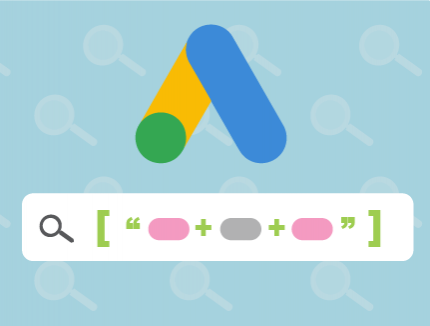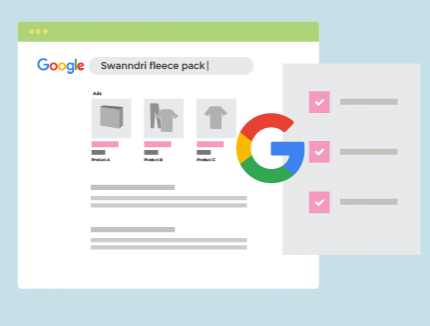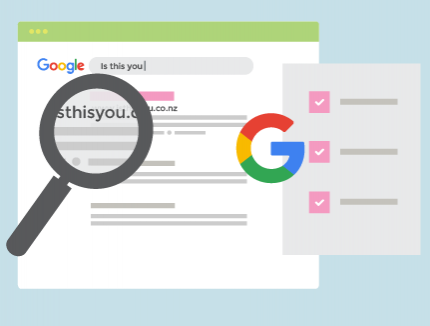BLOG
Google Analytics 4 - What you need to know
In October Google announced they would be releasing Google Analytics 4, a new version of the industry-standard web analytics tool — Google Analytics. This is big news for digital marketers and any businesses interested in how users arrive on their website and what they’re doing once they get there.
It’s early days for Google Analytics 4, so let’s jump in and look at what’s new and what impact the new iteration will have on you, the business owner.
What is Google Analytics 4?
Rebranded from the App + Web beta version of Google Analytics introduced in 2019, Google Analytics 4 (GA4) is now Google’s default experience for new analytics properties, and where any future developments and features will be rolled out.
GA4 is a forward-thinking take on how we use the web today — on websites and apps across multiple devices to purchase, learn and commune in an online environment with increasing privacy regulations and expectations.
What are the key benefits of GA4 according to Google?
In a nutshell, right off the bat GA4 has been designed with machine learning at its heart to give businesses and marketers helpful insights more readily. It aims to give a more comprehensive understanding of how customers interact with your brand across devices and platforms, i.e., mobile, desktop, website, app, etc. Google frame it as “customer-centric measurement, instead of measurement fragmented by device or by platform”.
Google also refer to GA4 as being “privacy-centric by design” and say it will help businesses keep pace with evolving technology standards for user privacy by better managing how you gather, store, and use your Analytics data.
They say it’s flexible approach to measurement has been designed to work in a digital future with or without cookies or identifiers, and machine learning-powered modelling will fill in data gaps where a user’s journey has been lost as they transition between devices, browsers and platforms.
Google Analytics 4 includes:
- Codeless event-based tracking for consistent data structure across web and app reporting.
- Machine learning models providing predictive metrics like potential revenue from a particular group of users, conversion probability, and churn probability. This data helps you anticipate future customer actions and export audiences to Google Ads to target higher value users, and re-engage users about to drop off.
- More granular privacy controls for ads personalisation allows you opt when to optimise your ads using your data, and when to limit data use to solely measurement.
Who is Google Analytics 4 for?
GA4 is the default Google Analytics experience going forwards, but that’s not to say everyone needs to jump on the bandwagon right now, or that historical data will be lost.
The new digital analytics tool will be more attractive and useful for some companies than others.
For example, companies with a more complex multi-platform and multi-channel digital presence will stand to better utilise GA4’s capabilities. In any case, Google suggest creating a Google Analytics 4 property to use alongside your existing Google Analytics property.
Do I need to switch to Google Analytics 4 now?
Your current Google Analytics property will continue tracking your website traffic as it always has, so the need to switch to GA4 isn’t dire.
Also, as your existing Google Analytics property can’t be upgraded to GA4, a new property will need to be set up, requiring some work to add new tags to your website.
Although the need to start using GA4 isn’t urgent, we’ll be working with our clients over the coming months to transition their analytics implementation and help them make the most of GA4’s new features.
Will I lose data when I switch to Google Analytics 4?
No data will be lost when a GA4 property is created for your business’s website. With your current Google Analytics tags present in your website and new tags added for a GA4 property, both properties will be receiving data from sessions on your site.
However, new features and reports present in GA4 are not backwards compatible with your pre-existing Google Analytics property.
How Limelight are approaching GA4
As with all new software releases, we’re taking a measured approach to GA4 here in the Limelight office. We’re keeping a watchful eye on early findings and staying abreast of the latest information released by Google.
We’re also creating GA4 properties for a few clients and running them alongside their existing Google Analytics properties as we and the wider industry tests, learns, and adapts to the new version.
I have a question…
If you’re coloured with questions, rest assured there is no cause for concern. With our clients’ best interests at heart, we’re aware of the Google Analytics 4 release and are staying up to speed with any new developments while carrying out our own tests and adaptation to the new tool.
For those of you who are existing Limelight clients, we’ll be in touch as and when a move to GA4 will best serve your digital and business needs. If you’re not yet a client and would like to learn more about what we do… let’s talk.









